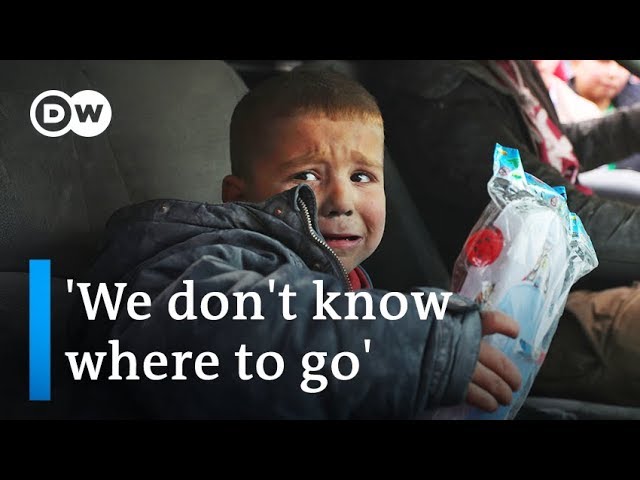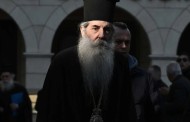
The Syrian civil war has entered its end game and it is as gruesome and fraught as any stretch in the hellish nine-year struggle. As the Syrian troops of Bashar al-Assad, backed by Russia, move to clear the last rebel-held enclave in northwestern Syria, some 900,000 civilian refugees — more than half of them children — have been pushed against the Turkish border in the freezing cold.
More, the battle for the city of Idlib has embroiled Turkey, threatening a direct clash between a NATO power and Russia. President Recep Tayyip Erdogan of Turkey has threatened to block the Syrian advance militarily, and on Thursday two Turkish soldiers were killed in a Russian airstrike inside Syria.
If the Syrian-Russian drive continues, it stands to send thousands more refugees toward the border. Turkey is already burdened by almost 4 million Syrian refugees, whose presence is increasingly becoming a political liability for Mr. Erdogan.
The United Nations special envoy for Syria, Geir Pedersen, has described a “devastating scale of humanitarian suffering” in Idlib in an anguished appeal for the U.N. Security Council to call a cease-fire. But with the Trump administration showing little appetite for any involvement in Middle Eastern conflicts, and Europe effectively sidelined, Russia, Syria and Turkey are calling the shots. And neither Syria nor Russia has demonstrated concern for human suffering in a war in which Mr. Assad has made little distinction between rebels and civilians.
The United States actively supported rebel groups in the first years of the civil war and later focused on crushing the Islamic State in Syria. But once the Islamic State was effectively defeated, President Trump began reducing American involvement. Last October, Mr. Trump ignited controversy when he pulled American forces out of the Kurdish-controlled zone in northeastern Syria, leaving the Kurds vulnerable to Turkish attacks.
The president tweeted at the time that it was “very smart not to be involved” in the fighting. And while abandoning the Kurds was broadly criticized, the sentiment was evidently shared by many Americans as Syrian government troops, supported by Russian air power and Iranian militias, steadily routed the dizzying array of rebel and jihadist forces and their ever-shifting alliances.The battle for Idlib, the latest and possibly last battle of the Syrian civil war, has attracted little attention in the West, particularly in an America embroiled in domestic political struggles. Syria did not rate a mention in the latest Democratic debate, which almost entirely ignored the rest of the world.

Though Secretary of State Mike Pompeo has issued statements in support of Turkey and might be happy to fan differences between Turkey and Russia, which have drawn close in recent years, there remains no viable resistance inside Syria for America to support, even if anyone in the administration had any interest in doing so. At this stage, there is little to stop the Mr. Assad’s forces from restoring control over all Syria, save the territory in northeastern Syria still controlled by Kurdish-led forces, which are not now being challenged by Mr. Assad and his allies.
nytimes















